
TYPES OF TYRES
WINTER - SUMMER - ALL SEASON ?
See information below
WINTER - SUMMER - ALL SEASON ?
See information below
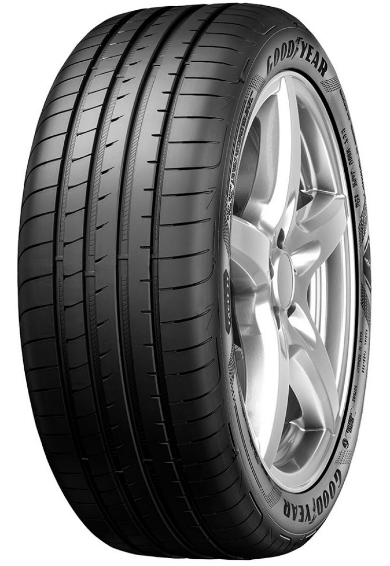
Summer Tyres
Summer tyres provide better all-round performance in the warmer months. They have a relatively hard compound which softens in milder temperatures to be able to adapt to dry as well as wet roads. Summer tyres have fewer sipes than winter tyres, but have specially designed tread bars to minimise aquaplaning.
The tread patterns of summer tyres normally have less grooving and put more rubber in contact with the road. They are designed to provide maximum road-holding grip. The tread compounds of summer tyres are designed to remain more flexible, allowing for better traction and grip.
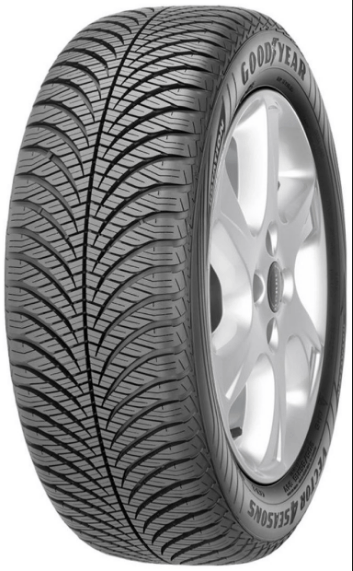
ALL Season Tyres
All season tyres, also known as all weather tyres, are designed for use in countries with moderate weather patterns all year round. ... While all season car tyres are not likely to match the performance of specialist summer or winter tyres during these respective seasons, they provide a good all-round mix of strengths.
Continental findings show that all season tyres usually represent a middle ground between summer and winter products. As such, while they are not as effective in the winter conditions (compared to tyres designed purely for this season), they are better than winter products in summer
Continental findings show that all season tyres usually represent a middle ground between summer and winter products. As such, while they are not as effective in the winter conditions (compared to tyres designed purely for this season), they are better than winter products in summer
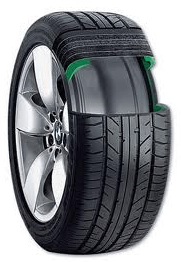
Run Flat Tyres
A run-flat tyre is a pneumatic vehicle tire that is designed to resist the effects of deflation when punctured, and to enable the vehicle to continue to be driven at reduced speeds - under 56 mph (90 km/h) - and for limited distances - generally between 10 mi (16 km) to 50 mi (80 km), depending on the type of tyre.
Do I need run flat Tyres?
Fitting 'Conventional' Tyres to a Run Flat Equipped Vehicle
If your car was originally supplied with Run Flat tyres, then it is possible to change to 'conventional' tyres. However, if the vehicle was designed with Run Flat tyres in mind, bear in mind you could be left stranded without a spare!
Can I put run flat tyres on my car?
No - run flat tyres should only be fitted for cars specifically equipped for them. This is because the car will not have TPMS installed and consequently the driver will have no idea if a puncture occurs.

Winter Tyres
The tread design of winter tyres has been specially created to offer better grip and traction in the snow. The special compound in winter tyres allows it to remains softer in low temperatures - offering more grip, better braking and precise handling.
Are winter Tyres worth getting?
A large number of motorists think that the winter tyre is only useful when driving on snow. But they are sorely mistaken, as there is much more to them than that. ... Even though winter tyres are an incredibly useful addition to your car, it is worth notifying your insurer when you have fitted them.
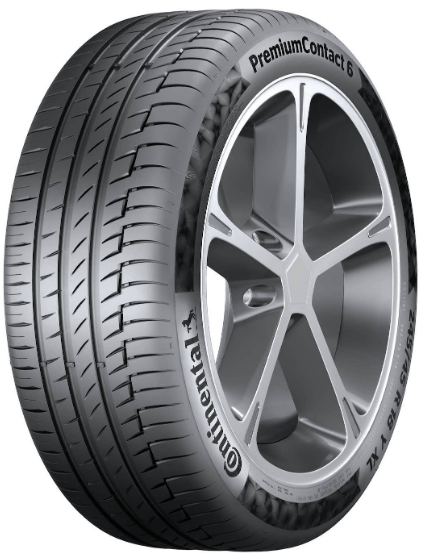
Performance Tyres
Are performance tyres worth the money and are they any good ?
The grip and stability that performance tyres provides in corners means that it helped achieved the fastest lap time on a dry test track, making it the best tyre for dry handling. It helps vehicles to switch direction sharply and braking performance is improved and impressive too, both in the wet and dry.
The grip and stability that performance tyres provides in corners means that it helped achieved the fastest lap time on a dry test track, making it the best tyre for dry handling. It helps vehicles to switch direction sharply and braking performance is improved and impressive too, both in the wet and dry.

Run Flat Tyres
A run-flat tyre is a pneumatic vehicle tire that is designed to resist the effects of deflation when punctured, and to enable the vehicle to continue to be driven at reduced speeds - under 56 mph (90 km/h) - and for limited distances - generally between 10 mi (16 km) to 50 mi (80 km), depending on the type of tyre.
Do I need run flat Tyres?
Fitting 'Conventional' Tyres to a Run Flat Equipped Vehicle
If your car was originally supplied with Run Flat tyres, then it is possible to change to 'conventional' tyres. However, if the vehicle was designed with Run Flat tyres in mind, bear in mind you could be left stranded without a spare!
Can I put run flat tires on my car?
No - run flat tyres should only be fitted for cars specifically equipped for them. This is because the car will not have TPMS installed and consequently the driver will have no idea if a puncture occurs.
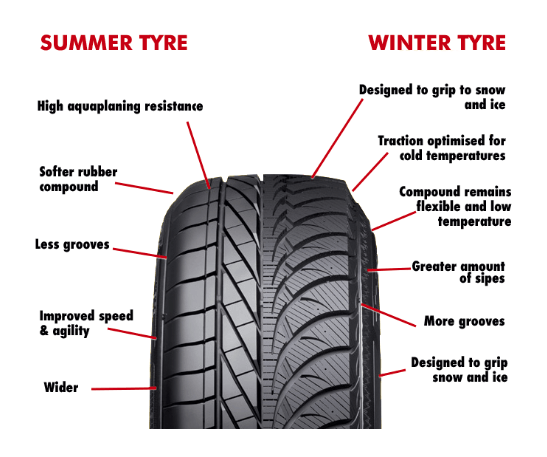
Summer / Winter Tyre differences
There are many differences between summer and winter tyres as each has been specifically designed to meet seasonal demands.
Summer tyres are designed with a softer rubber compound than winter tyres, which allows them to grip the ground more tightly - enhancing stability and offering higher levels of performance. When temperatures drop below 7°c, however, this compound will stiffen whereas the compound used in winter tyres will retain its flexibility. Winter tyres are designed with more grooves so that they have better traction on snow.
In addition, tread patterns differ between winter and summer tyres. Surprisingly, summer tyres offer a greater performance in wet conditions as the tread pattern is optimised to help evacuate water and reduce the risk of aquaplaning.









